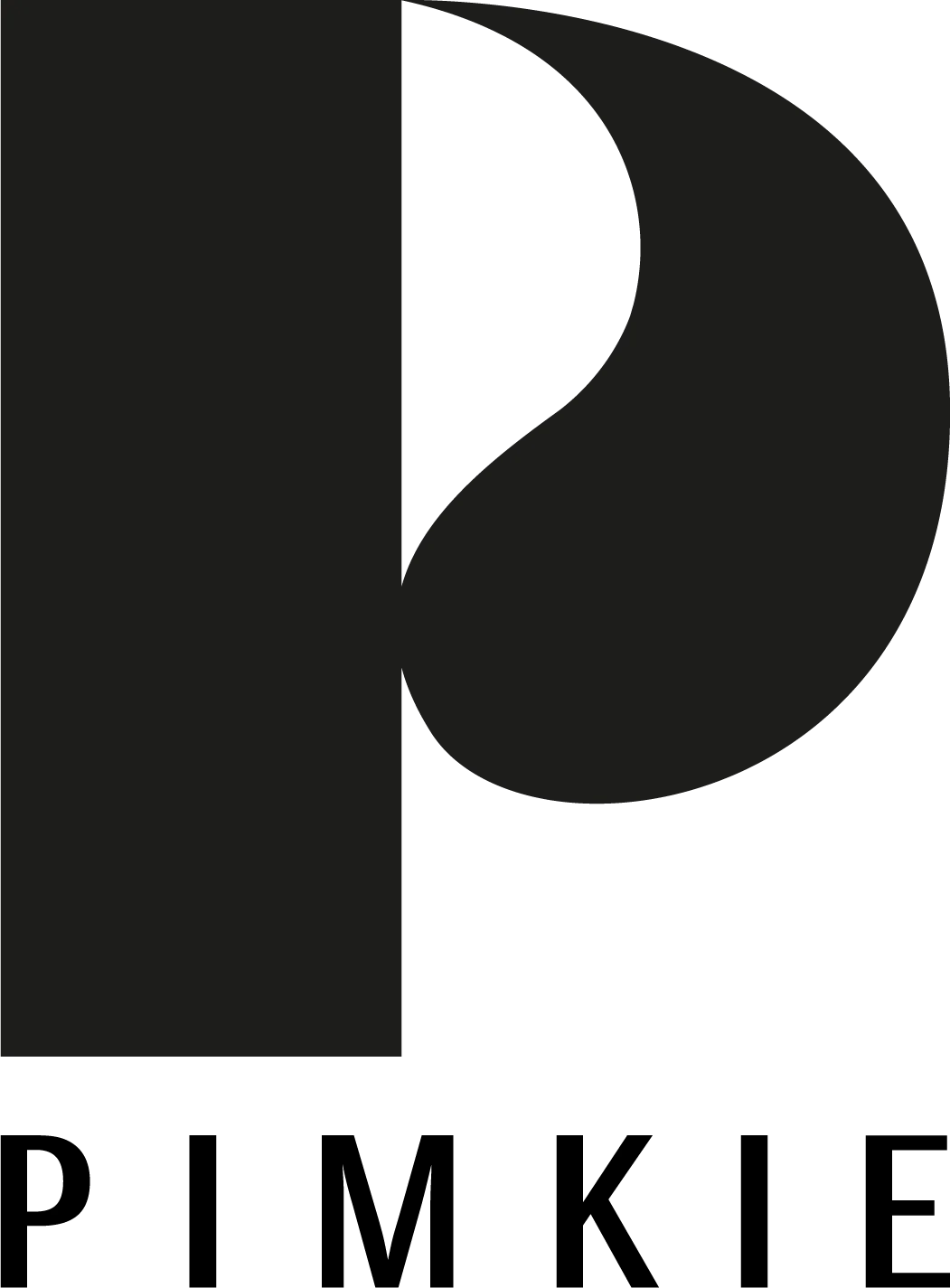IKKS
Traceability at the heart of fashion brands' CSR strategy
Learn how IKKS partners with Trace For Good to drive sustainable progress
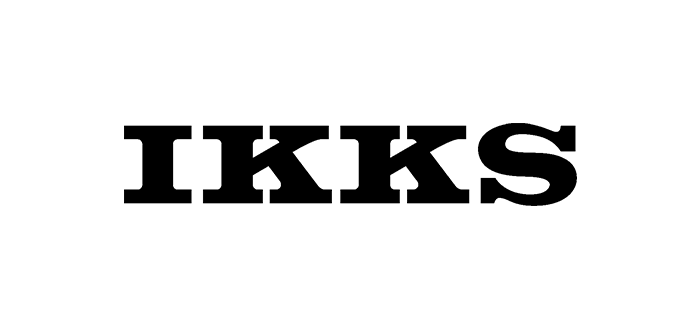


Traceability at the heart of fashion brands' CSR strategy
A Fashion group committed to sustainable progress
The IKKS Group, which includes the IKKS, I.Code, and One Step brands, has been driving a strong Corporate Social Responsibility (CSR) strategy since 2019.
As part of its commitment to the Fashion Pact, the group built its #ACTFORBETTER framework around five strategic pillars:
- Reducing carbon emissions
- Developing more sustainable materials
- Guaranteeing social standards throughout the supply chain
- Making product information transparent and accessible
- Reducing plastic usage
For IKKS, traceability lies at the heart of these commitments, a foundation for both eco-design and transparency. By securing its processes and mapping its supply chain, the group ensures quality, responsibility, and consumer trust.
Context and ambition
To support the traceability of over 4,000 product references per year, IKKS needed a robust digital solution to centralize and automate its CSR and product data.
In 2022, the group adopted Trace For Good’s platform to:
- Simplify data collection and tracking across multiple brands.
- Structure traceability data from fiber to finished product.
- Strengthen transparency and compliance with French and European regulations.
This collaboration enables IKKS to align its traceability strategy with all five pillars of its #ACTFORBETTER roadmap.
Objectives of IKKS
Simplify data collection and tracking across multiple brands
Structure traceability data from fiber to finished product
Strengthen transparency and compliance with French and European regulations

The benefits of Trace for Good
Implementation and results
Carbon emissions were reduced
IKKS conducted its first carbon footprint assessment in 2019, revealing that most emissions come from upstream activities, particularly raw materials such as polyester, cotton, and wool.
To address this, traceability became essential:
- The group now tracks materials to identify improvement levers and reduce emissions.
- It sources Leather Working Group (LWG): certified leather, ensuring traceability from the agri-food industry.
- It favors organic cotton (OCS, GOTS), recycled polyester (GRS, RCS), Ecovero viscose, and recycled wool.
Trace For Good’s certificate management module automates the collection of proofs and certifications at every stage: product, fiber, or production site, ensuring consistent quality and transparency.
More sustainable materials were developed
Using Trace For Good, IKKS automates the collection of sustainability certificates for all key materials, enabling:
- Automated verification and centralization of documents such as OCS, GOTS, GRS, and LWG.
- Real-time tracking of supplier certifications and compliance status.
This streamlined process supports IKKS’s transition toward responsible sourcing while improving visibility across the value chain.
Social standards are guaranteed across the supply Chain
With more than 150 manufacturers across 17 countries, IKKS ensures that all partners comply with its Supplier Code of Conduct and ICS social audit standards.
Trace For Good’s document management system automates the collection and monitoring of these audits and signed codes of conduct, helping the brand:
- Centralize social compliance data.
- Ensure consistent ethical standards.
- Strengthen accountability and supplier engagement.
Product information is more transparent and accessible
To meet consumer expectations and comply with regulations such as the AGEC Law and future Digital Product Passport (DPP), IKKS uses Trace For Good to trace all products from its three brands.
Key results include:
- QR codes integrated into product labels, providing instant access to detailed product sheets.
- Three online search tools (IKKS, I.Code, and One Step), available in French and English, ensuring full transparency for at least two years after market launch.
- Automated QR generation, paving the way for DPP compliance.
This guarantees both regulatory compliance and a seamless consumer experience through accessible, accurate product data.
Plastic usage is reduced
IKKS aims to eliminate virgin polyester from its collections by 2025, prioritizing natural and recycled alternatives. In addition, the group has redesigned its in-store packaging, now made from 100% FSC-certified paper, sourced from sustainably managed forests. These initiatives reinforce IKKS’s long-term vision: combining eco-design and material responsibility with digital transparency powered by Trace For Good.
Résultats de la solution
Solution results
150
suppliers actively engaged in the platform
4000
+
product references traced each year
17
countries covered through the traceability program
3
group brands equipped: IKKS, I.Code, and One Step
Key success factors
The favourite features of IKKS
Fill out the form below.
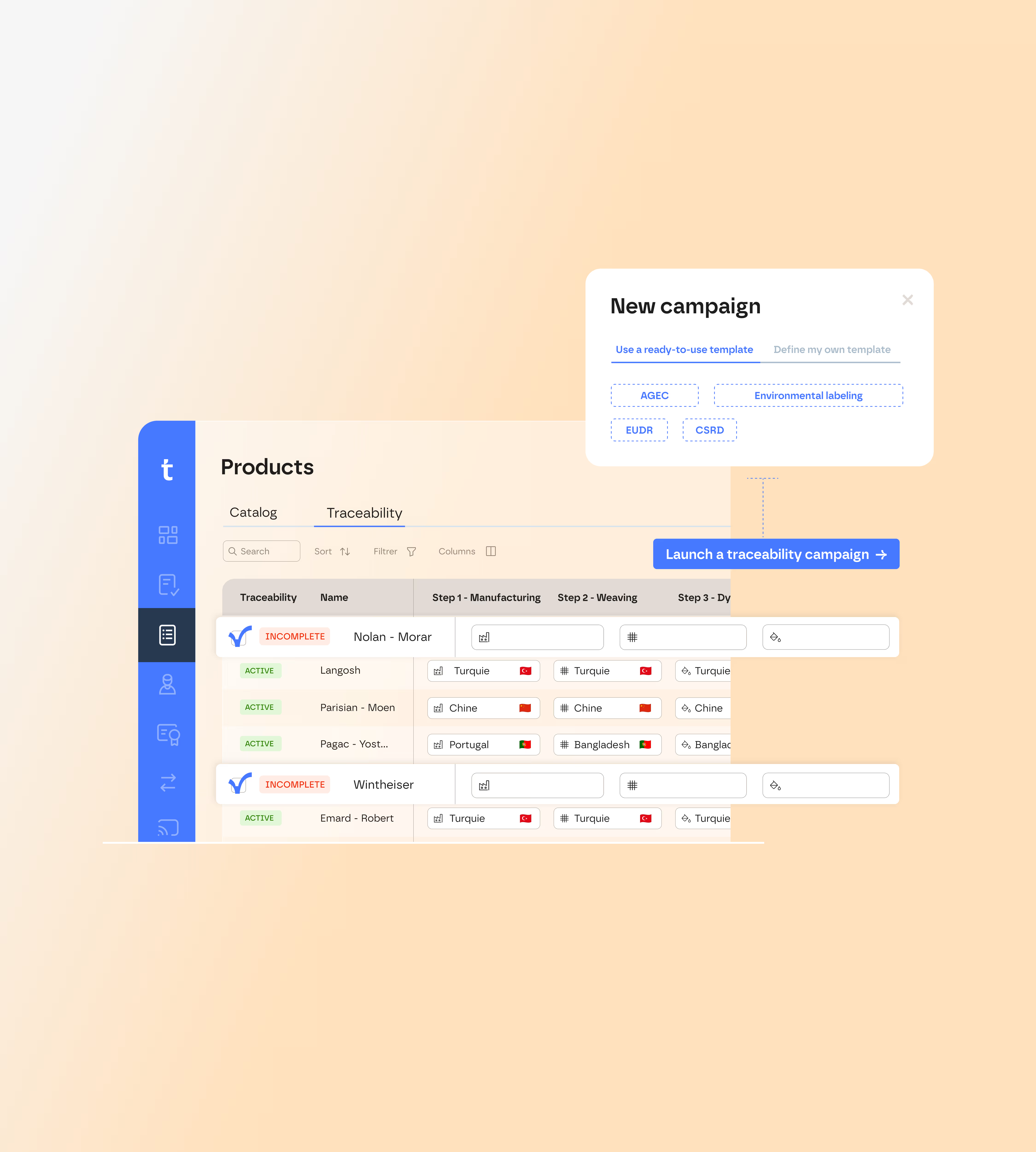
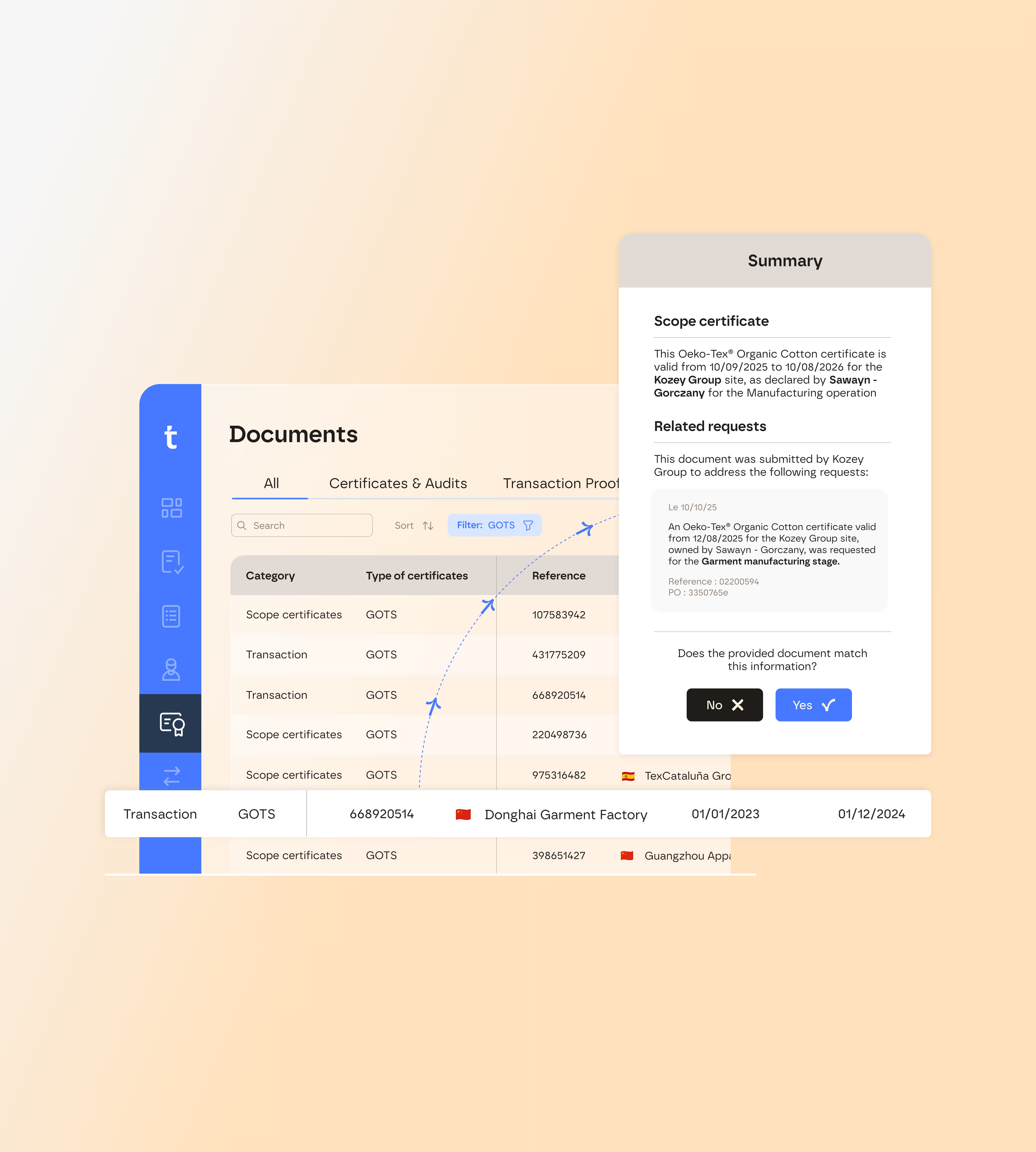
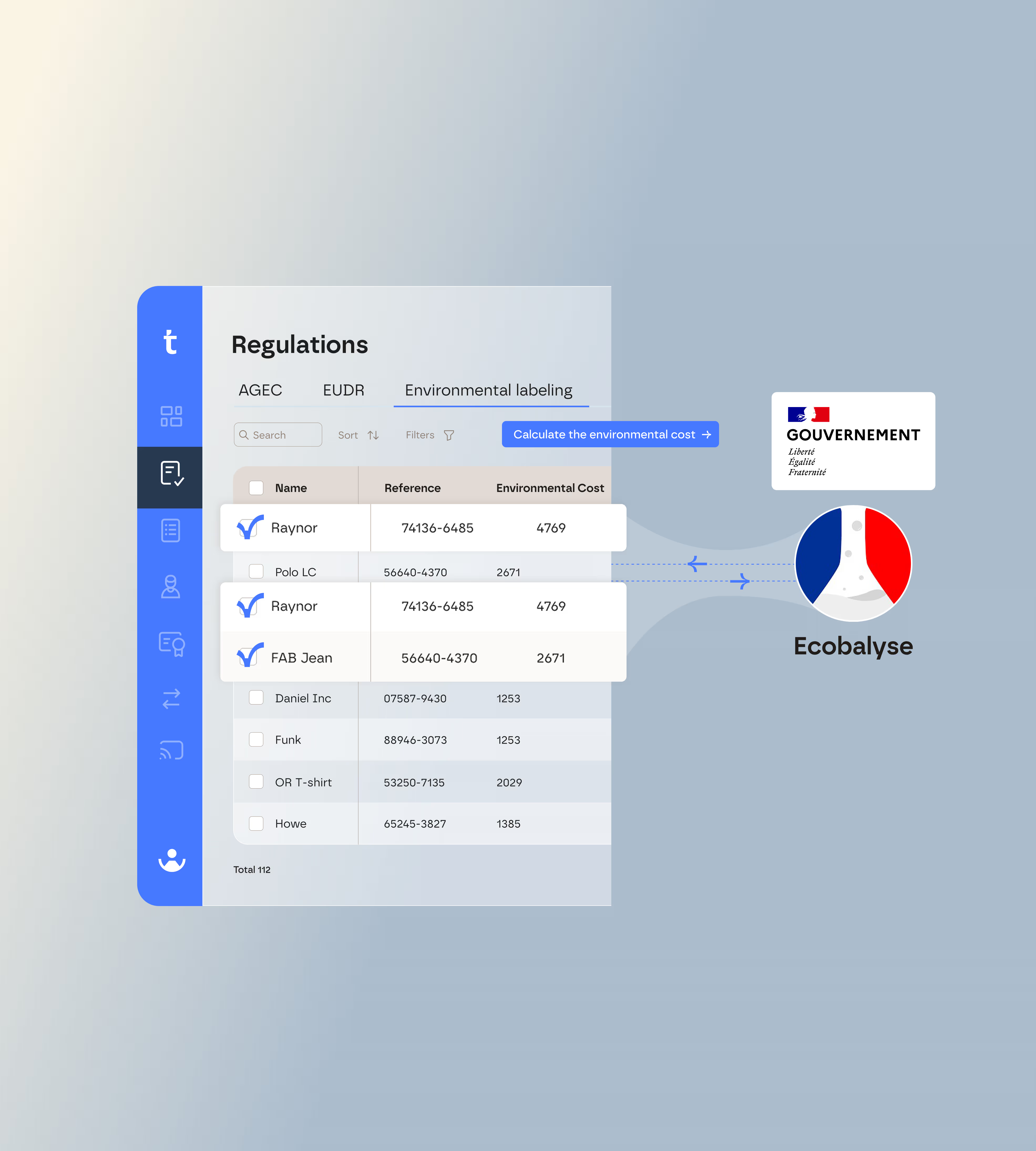

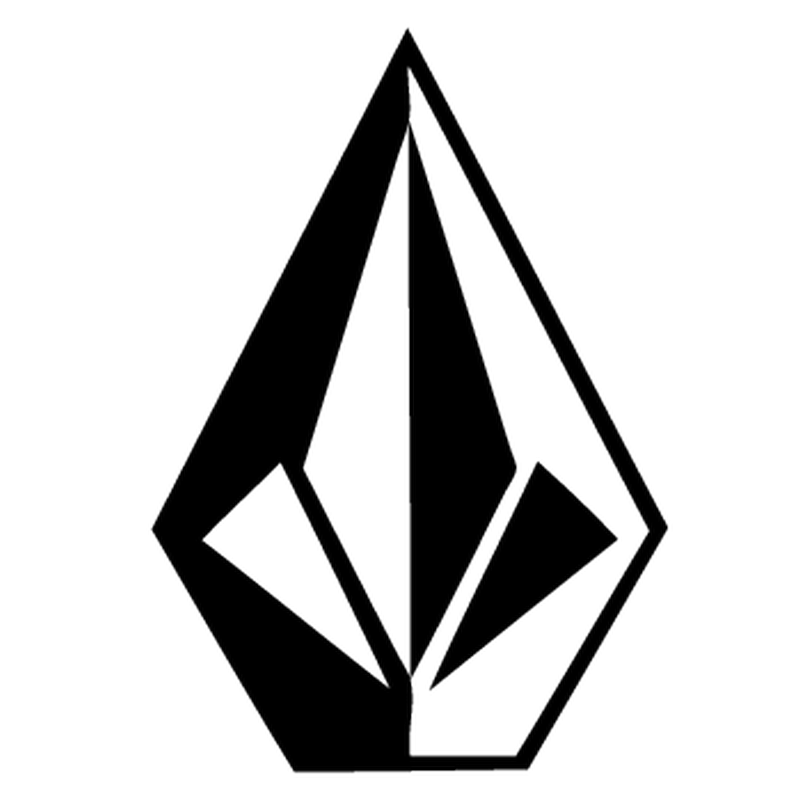

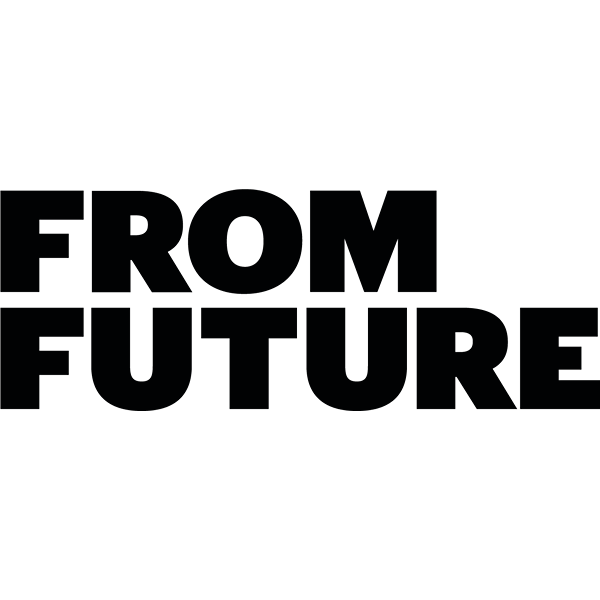
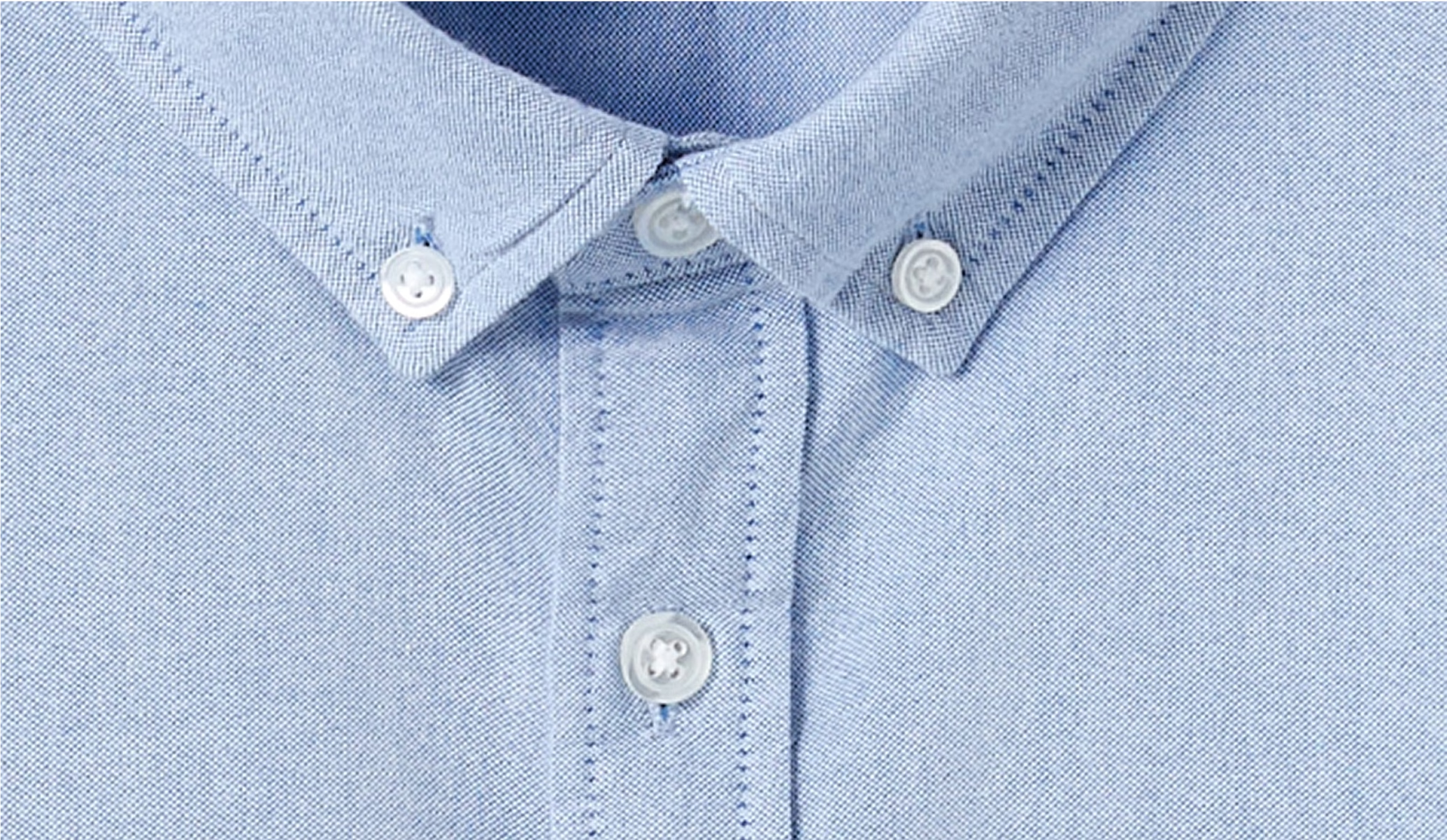





%20(2).png)








